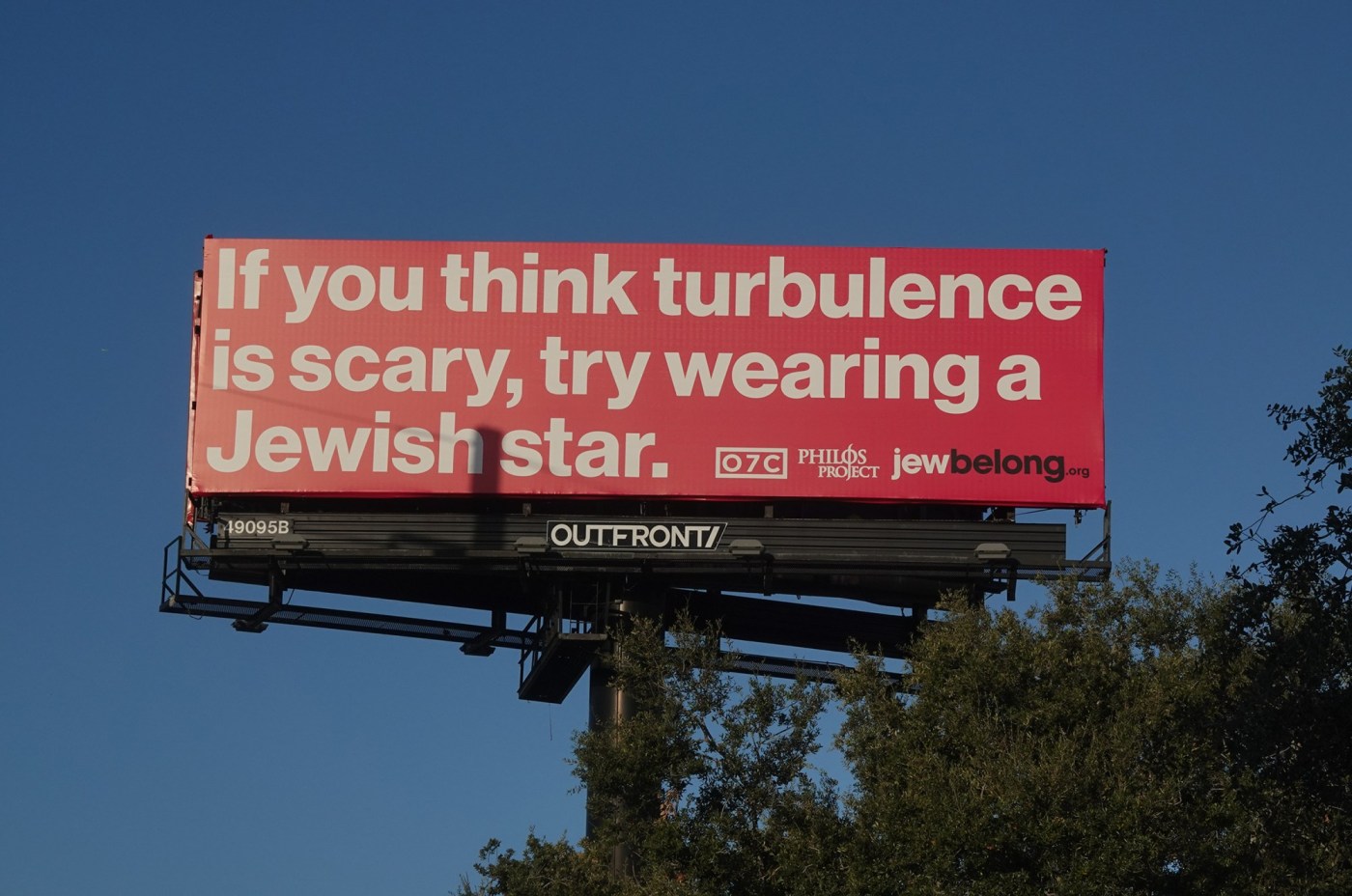
Colb: Many fronts in battle against antisemitism
When it comes to antisemitism, no matter how bad it is – and it’s a raging fire right now – the Jewish community is routinely required to defend our own lived experience and justify the need and the means to address it. As I watched the sixth public hearing of the Special Commission on Combatting Antisemitism on April 7, I was disturbed to see that dynamic on display, even in the very forum intended to address the tidal wave of antisemitism in the Commonwealth.
The first to testify was Eric Olshan, the former U.S. Attorney for the Western District of Pennsylvania who prosecuted the Tree of Life synagogue shooter. Olshan described the horrific acts that were planned and carried out by a right-wing extremist who murdered 11 people in cold blood as they gathered for prayer. In January, a similar attack may well have been thwarted here in Massachusetts. A Beverly man allegedly threatened to rape Jewish women and encouraged others to shoot people outside of local synagogues. Police executed a search warrant of his home and found an arsenal of weapons and Nazi paraphernalia.
The next witness was Ariella Hellman who testified as a member of the Orthodox community. She described the near relentless targeting and harassment that members of her community – those who are visibly Jewish – have experienced simply going about their daily lives. She told the terrifying and heartbreaking story of two kids wearing yarmulkes who were walking home from school when they were chased by a driver of an SUV with a Palestinian flag waving from his car, who sped up and swerved toward them. This was but one of so many vile incidents of hate experienced by Hellman’s visibly Jewish community, as well as the broader Jewish community, that were shared with the Commission, and just a small sampling of the incidents that I respond to on a daily basis in my role at ADL New England.
Notwithstanding the mountains of evidence of the depth and breadth of this problem, the public comment period that followed showcased a significant amount of denial and gaslighting. It was painful and frustrating to watch. One person argued that the Commission was wrong to focus on antisemitism because of what is going on in Gaza. Let’s pause for a moment and consider just how outrageous that is. Regardless of your viewpoint on the war in Israel and Gaza, what does that have to do with the work of this Commission to address antisemitism in the Commonwealth? The Commission has no authority, nor could it have any authority, to address a foreign conflict. Is the suggestion that Jews in America are responsible for what a foreign country does?
Many people asserted that we cannot focus on antisemitism alone and that the Commission is misguided in doing so. In fact, even before it was signed into law, this Commission and its charter was opposed by groups who argued that we cannot talk about antisemitism without talking about other forms of hate and oppression. It is difficult to overstate just how confounding I find this argument to be. Having spent a significant portion of my career advocating for other vulnerable communities, I cannot remember a single instance where anyone suggested we couldn’t discuss or advocate for one community being targeted without also referencing hate toward other communities. When anti-Asian hate was on the rise during the COVID pandemic, signs popped up around the city reading #StopAsianHate. Had anyone criticized this advocacy for leaving out other racial groups they would have been dismissed, and appropriately so. While there is indeed connective tissue between the many forms of hate that plague our society, each has its own contours, and there are moments that demand addressing each one specifically – this is such a moment for antisemitism.
Another argument I heard that day and at a prior hearing was that the Commission should focus on right-wing antisemitism because that is the real antisemitism. It’s pretty clear, from the incidents we see daily, the evidence that the Commission has heard – even earlier that same day – and our own lived experience as Jews, that this is false. Antisemitism lives and breathes on both sides of the aisle. As Deborah Lipstadt, former Special Envoy to Combat Antisemitism under President Biden noted in a recent op-ed, “The problem is that many on both the left and the right fail to call out antisemitism when it appears on their side of the political spectrum(.)”
There are those who want to avoid addressing antisemitism because it serves their own agenda, and others who weaponize antisemitism as a cudgel for political purposes. Neither should deter the work of addressing this very real problem. The Commission must remain steadfast in its vital charge – to study antisemitism in the Commonwealth and make recommendations on how we can address it.
Sara A. Colb is Deputy Director of ADL New England


